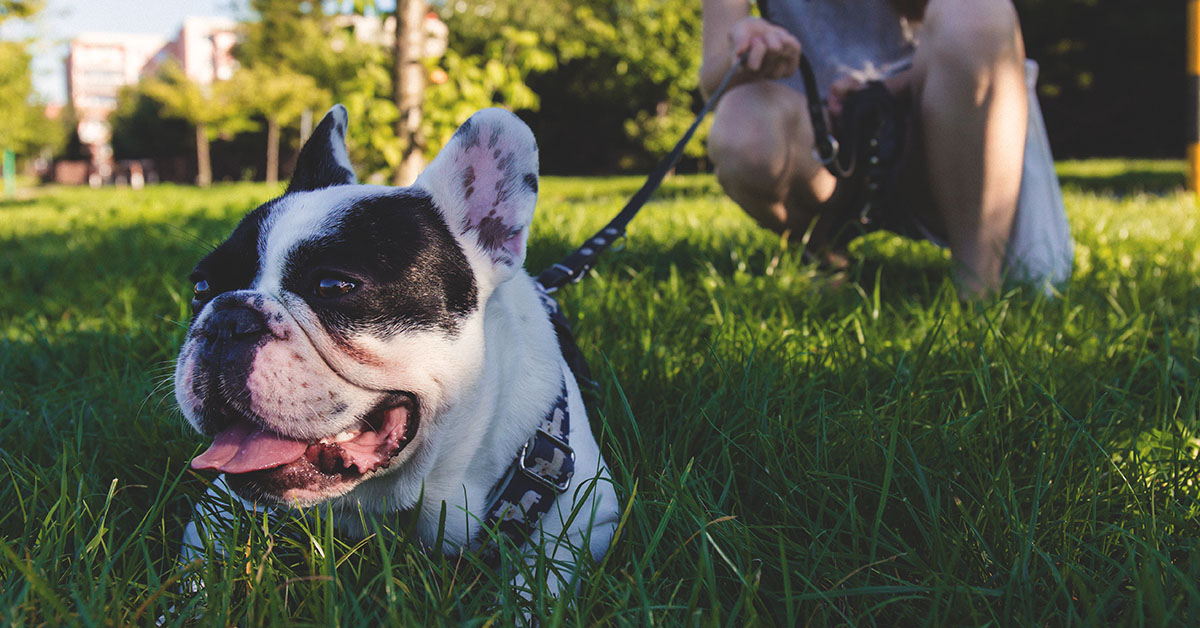
5 Tips to Help Keep Your Dog Calm During Fireworks
Just like people, some dogs may find fireworks scary. There are quite a few simple ways you can help your pet deal with fireworks while keeping them safe inside. By preparing in advance, you’ll help your dog better cope with the noises going on outside.
Tip #1: Keep Your Dog Inside
Your dog may not have ever jumped the fence or left your yard, but sometimes, when dogs are afraid, they act in ways we haven’t seen before. By bringing your dog inside, you’re reducing their likelihood of escaping and getting hurt.
When they’re inside, you can close windows, blinds, and curtains to help muffle the sound. You can even leave them in a roof with music playing or the TV on to help mask the sound of fireworks.
Tip #2: Take a Long Walk During Daylight Hours
Before the fireworks start, it’s a good idea to give your dog plenty of exercise. Visit their favorite dog park or take a long walk to help them burn off any excess energy. For some dogs, this may allow them to sleep through the noise.
Tip #3: Create Hiding Places
Another way you can make your dog feel safe is by creating hiding places around your house. Does your dog hide under beds when they’re scared? Make sure they have room to crawl under. Do they like to hide in closets? Put a blanket or their bed in a closet and leave the door open for them.
If properly crate trained, your dog may find comfort in their crate. Leave the door open for easy access and their favorite toys in it for added comfort. You may also find it calms your dog to leave an object you use, such as a piece of clothing or a blanket you use frequently in the crate. Your dog may find your scent calming.
Tip #4: Comfort Your Dog
If you can, stay at home with your dog or leave them with someone you trust. Your dog may seek you our for comfort during the fireworks and you absolutely should comfort your dog if they are afraid.
The key is to remain calm yourself and use a soothing, even tone. Don’t yell or talk loudly, your dog is already on edge and this can potentially cause further anxiety.
Petting them can also be comforting to your dog. Use long, slow, strokes along the length of their body.
Tip #5: Don’t Make Them “Face” Their Fears
Dogs are not people and don’t have the same concept of fear that humans have. Never force your dog to face their fears, they’ll most likely just become more frightened and potentially hurt themself or someone else.
If they do retreat to a hiding place, don’t try to tempt them out as it may cause more stress in the long run. Instead, reward calm behavior when they exhibit it.
Lastly, even if you think your dog is okay with fireworks, leave them home if you go to a firework display. Dogs don’t always whimper and bark when they’re scared— excessive yawning and panting can indicate a dog is stressed.
